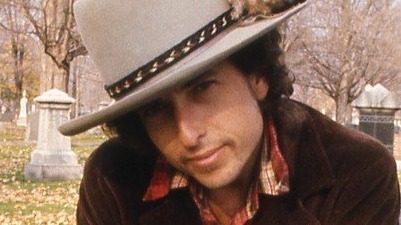SUMMARY
This is AI generated summarization, which may have errors. For context, always refer to the full article.

LOS ANGELES, USA – Legendary US folk singer Bob Dylan said he was “sickened” to see unarmed black man George Floyd “tortured to death” by a white police officer in his home state, in a rare interview published Friday, June 12.
Dylan spoke to The New York Times the day after Floyd’s killing in Minneapolis, which has sparked mass anti-racism protests across the nation. It was the musician’s only interview outside his own website since he won the Nobel Prize for literature in 2016.
“It sickened me to no end to see George tortured to death like that,” he said of Floyd, who died after a white policeman knelt on his neck for nearly nine minutes during an arrest.
“It was beyond ugly. Let’s hope that justice comes swift for the Floyd family and for the nation,” said Dylan, 79, who was born in Minnesota and attended university in Minneapolis.
Several of Dylan’s most beloved songs from the 1960s and 70s addressed issues of police brutality and racism, including “Hurricane” and “George Jackson.”
He is set to release his first album of original songs in 8 years next Friday, entitled Rough and Rowdy Days.
Speaking from his Malibu, California home where he has been sheltering from the pandemic, Dylan described the coronavirus as an “invasion” and a “forerunner of something else to come.”
“Maybe we are on the eve of destruction. There are numerous ways you can think about this virus. I think you just have to let it run its course,” he said.
In late March, shortly after California imposed stay-at-home orders to contain the pandemic, Dylan surprised fans by releasing “Murder Most Foul,” his first original song since 2012’s Tempest album.
Dylan said he himself had been surprised when the 17-minute ballad about the assassination of John F Kennedy and the evolution of 1960s counterculture rose to the top of the Billboard chart.
It was also the first song Dylan penned and released since he reluctantly accepted the 2016 Nobel Prize for Literature, the first songwriter awarded the honor.
Dylan maintained a relentless touring schedule until the coronavirus struck, forcing him to cancel a string of dates in Japan and North America this spring and summer. – Rappler.com
Add a comment
How does this make you feel?
There are no comments yet. Add your comment to start the conversation.